How Stakeholder Capitalism Has Shaped the Bottom Line, With Well-Being at the Fore
Members of Congress and industry leaders help shine a light on how companies are embracing health strategies to reshape organizational performance, culture and ESG reporting
Published 05-02-23
Submitted by International WELL Building Institute
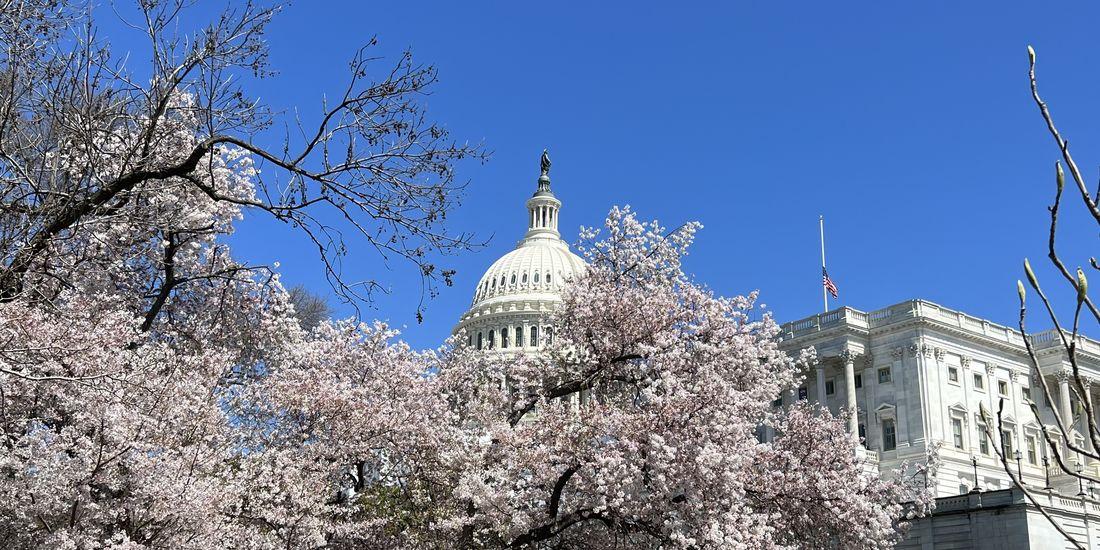
by Matthew Trowbridge, MD, MPH
As a Doctor of Medicine by trade, I often think about how my work impacts others – specifically, how I can use my career to maximize impact on the health and well-being of people. Following this pursuit, I generally focus my efforts and attention outside the hospital; looking to impact upstream opportunities to address social and environmental determinants of health for my patients and community. The rationale and evidence are simple and quite strong for this - improving daily conditions of life prevents illness and supports overall well-being.
A similar rationale and evidence base underlies stakeholder capitalism - an economic and business approach rooted in theories originating in the 1970s from Klaus Schwab, founder of the World Economic Forum, and R. Ed Freeman, professor at the Darden School of Business at the University of Virginia (my academic home). The core tenet of stakeholder capitalism is that the long term success of a business is intertwined with its stakeholders. Therefore, investments made to support the ‘daily conditions’ of its suppliers, the health and well-being of its employees and the communities in which a company resides always pays back in the long term. And vice versa. Freeman’s theory states that if a business treats its stakeholders–including employees–poorly, the business, too, will suffer. It’s a core business practice, which informs and supports environmental, social and governance (ESG) pillars by integrating specific principles, including health and well-being, into sustainable finance, resilience and corporate governance.
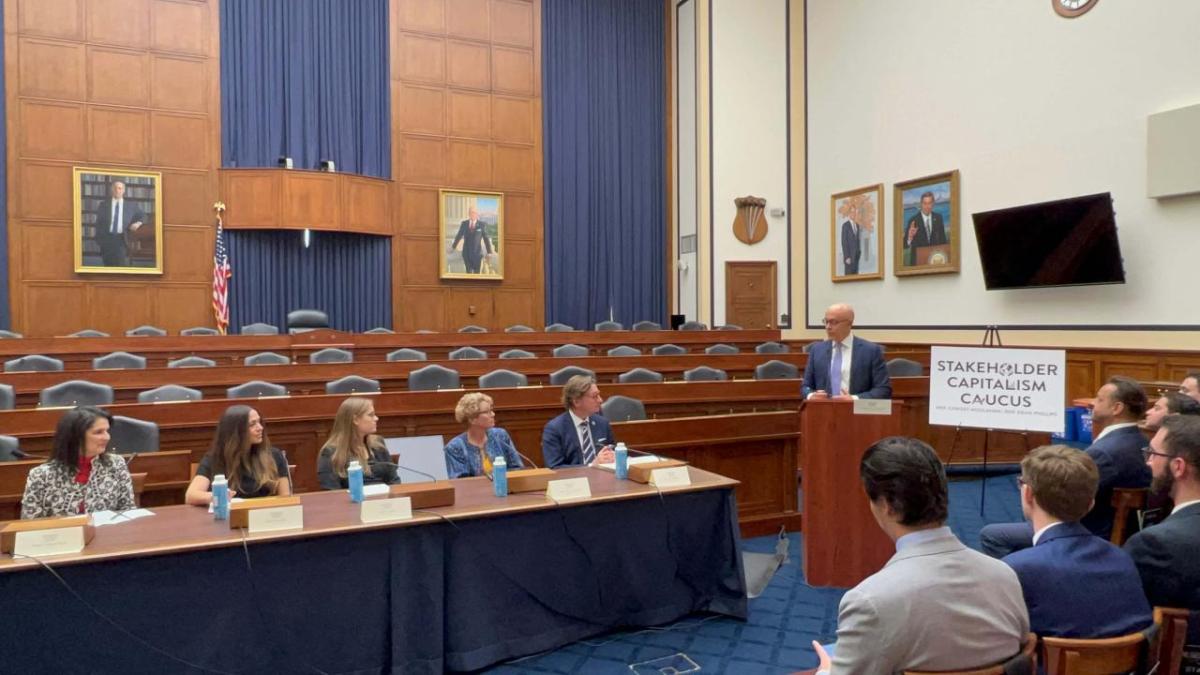
This spring, I moderated a panel discussion on Capitol Hill regarding the critical role health plays in supporting better performing organizations and a stronger economy. The event was led and hosted by two distinguished Congressional leaders, Reps. Dean Phillips (D-MN) and Chrissy Houlahan (D-PA), who founded the Stakeholder Capitalism Caucus in 2021. In addition to inspiring opening remarks from Representatives Phillips and Houlahan, as well as IWBI Founder Paul Scialla, we heard from an expert panel made up of Alison Omens, Chief Strategy Officer at JUST Capital; Kelly McCarthy, Head of Impact at Vistria Group; and Wendy Feldman Block, Executive Managing Director at Savills US.
From employee health to workplace strategies, the panel shared important points about how investors and corporations are taking steps to elevate human health, well-being and equity at the organizational scale:
“…Prioritizing worker health and improving a company’s bottom line are not mutually exclusive undertakings…When our workers’ health is prioritized, our families, companies and communities benefit.”
Congresswoman Chrissy Houlahan (D-PA)
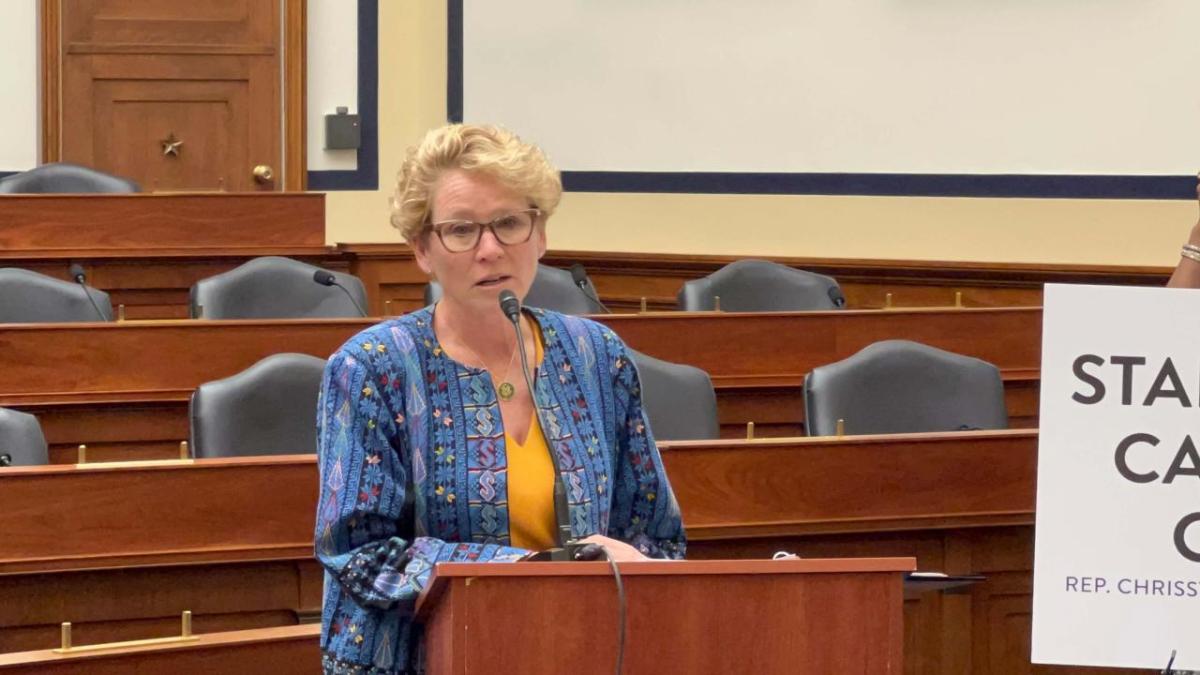
“My great grandfather used to tell me regularly that ‘business is a means to an end.’ And the end is not aggregating as much wealth as possible; rather, sharing as much as possible with those that make it happen and communities that provide that platform.”
Congressman Dean Phillips (D-MN)
“When your employees are sick less, you do better. When they’re more loyal, you do better.”
Paul Scialla, Founder of IWBI, Founder and CEO of Delos
“If the past few years have taught us anything, it’s the outsized role human health plays in the success of our organizations and on our society as a whole.”
Kimberly Lewis Inkumsah, Executive Vice President, Equity, Engagement and Events, IWBI
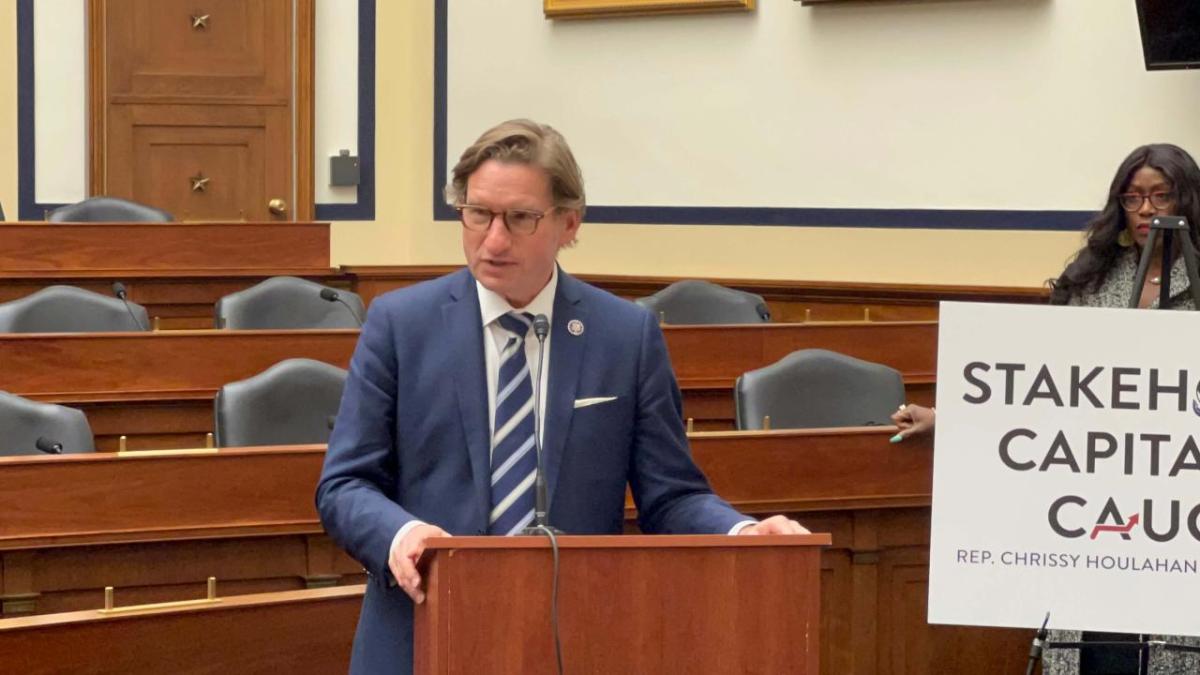
“If there’s a pay equity gap… that’s an area of risk. Simply not knowing by not measuring doesn’t protect companies from that risk.”
Alison Omens, Chief Strategy Officer, JUST Capital
“Demonstrating that you care about employee health and safety will help get people back to the office.”
Wendy Feldman Block, Executive Managing Director, Savills North America
“…Looking at what is a good business and what is a good employer. And those things are fairly simple. Are you treated as a human when it comes to healthcare? Are you treated fairly when it comes to wages and equitable performance reviews?..You want to be cared about.”
Kelly McCarthy, Head of Impact, Vistria Group
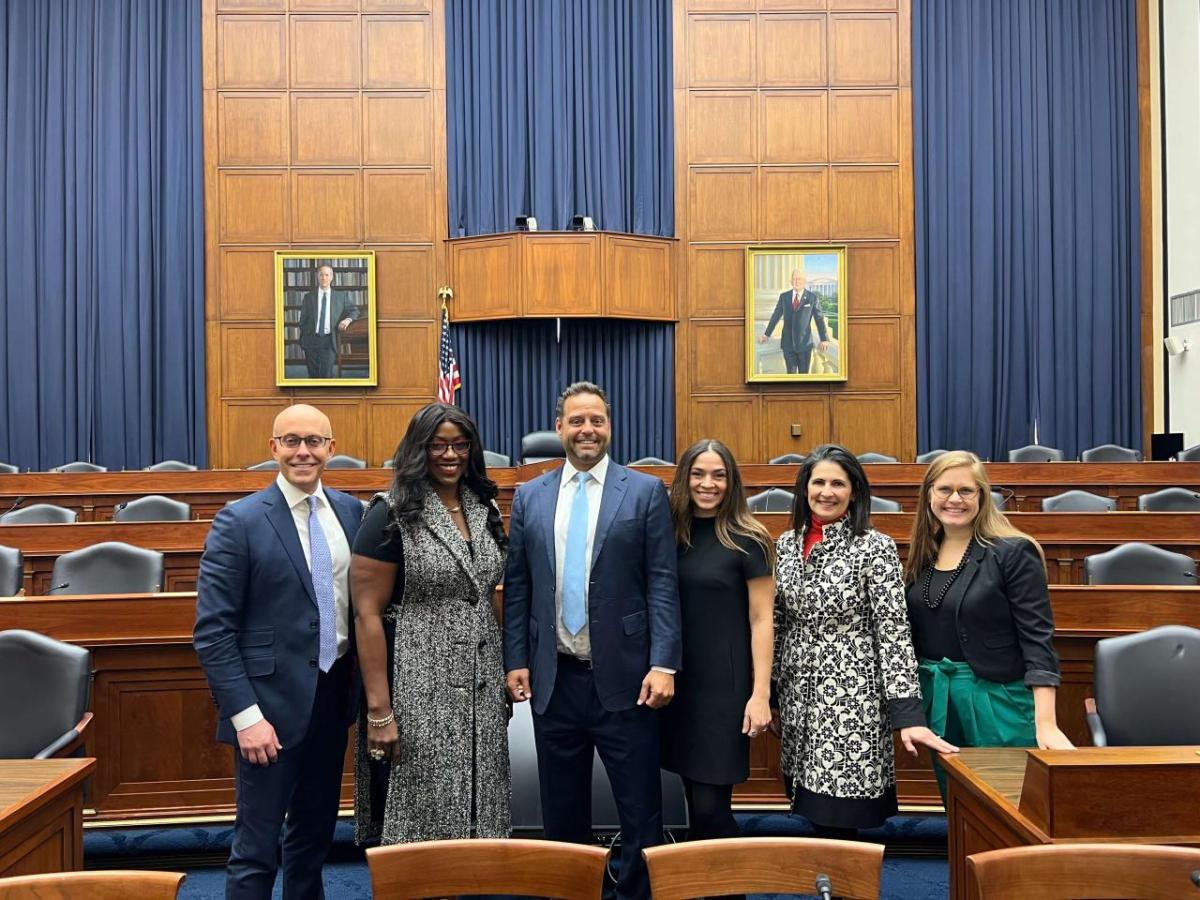
Intentional support of health, well-being, equity and other social issues that are truly material in business at the federal level demonstrates the importance of this dialogue. It’s a priority that employees are increasingly voicing, too: a recent poll found that 95% of employees agree that a healthy workforce is essential to a company’s financial success.
Our time working with the Stakeholder Capitalism Caucus underscored the fact that investing in the health and well-being of people and communities–impacted by and contributing to private industry–is a long-standing practice based on old-fashioned economics.
This is particularly important to remember in a time when concepts such as “ESG” are becoming increasingly politicized. In the end, investing in people isn’t solely a good thing to do for the world, it’s simply good business.
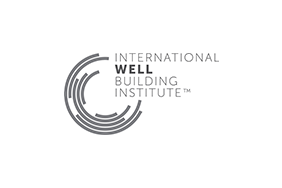
International WELL Building Institute
International WELL Building Institute
The International WELL Building Institute (IWBI) is a public benefit corporation and the world’s leading organization focused on deploying people-first places to advance a global culture of health. IWBI mobilizes its community through the administration of the WELL Building Standard (WELL Standard) and WELL ratings and certifications, management of the WELL AP credential, the pursuit of applicable research, the development of educational resources and advocacy for policies that promote health and well-being everywhere. More information on WELL can be found here.
IWBI is a participant of the United Nations Global Compact, the world’s largest corporate citizenship initiative, and helps companies advance the UN Sustainable Development Goals (SDGs) through the use of WELL.
More from International WELL Building Institute

